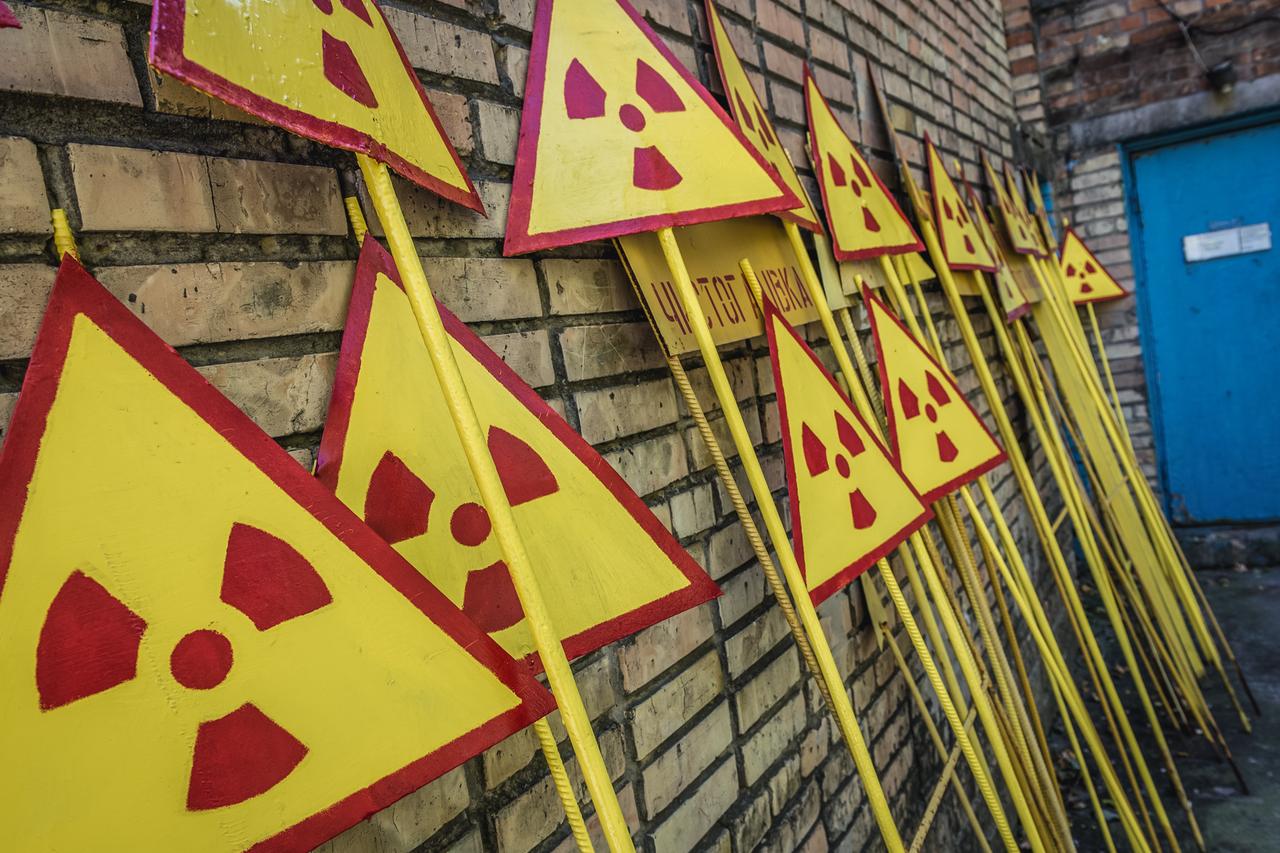
A Russian political analyst warned that medium-developed countries, including Saudi Arabia, Türkiye, and Indonesia, could decide to join the "nuclear club" if nuclear states fail to restart the non-proliferation system.
Vladimir Shapovalov, deputy director of the Institute of History and Politics at Moscow State Pedagogical University, said any medium-developed country whose political elites decide to strengthen their positions could choose to enter the nuclear weapons club.
"If nuclear states fail to restart the nuclear non-proliferation system destroyed by the Americans, nuclear technologies will spread around the world," Shapovalov told URA.RU in an interview on Wednesday.
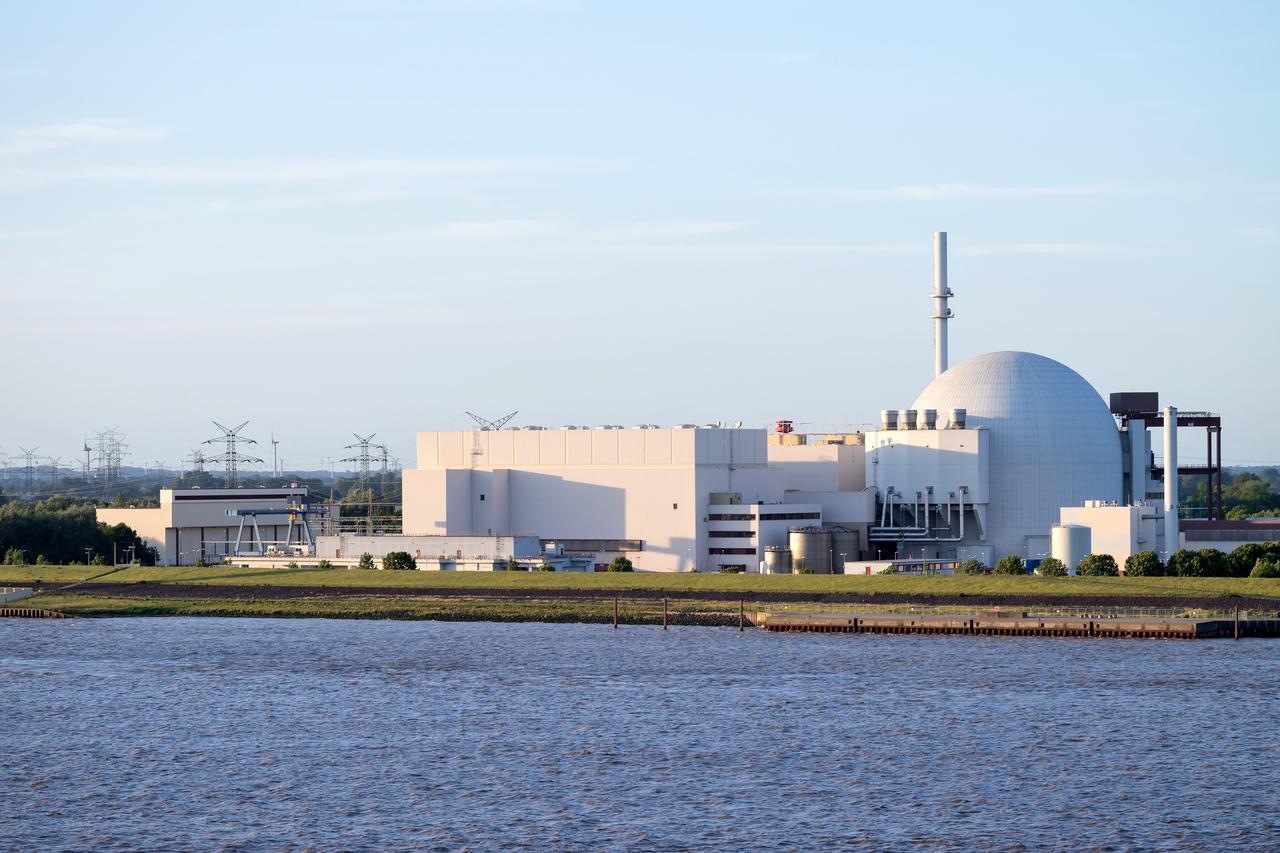
"Countries with sufficient military, technological, and economic potential and striving for sovereignty may decide that they need their own nuclear weapons. For example, such a country could be Saudi Arabia, or Indonesia, or Türkiye, or several countries on the African continent," Shapovalov added.
"For example, such a country could be Saudi Arabia. Or Indonesia, or Türkiye, or several countries on the African continent," he said.
Earlier, Federation Council Deputy Speaker Konstantin Kosachev told Russian media outlet RT at the international forum "Primakov Readings" about the false signal from Western states supporting Israel's illegal actions against Iran for "threshold" countries to pursue creating their own "weapons of retaliation."
"This could be any averagely developed country whose political elites take a course towards strengthening their positions,” Shapovalov noted.
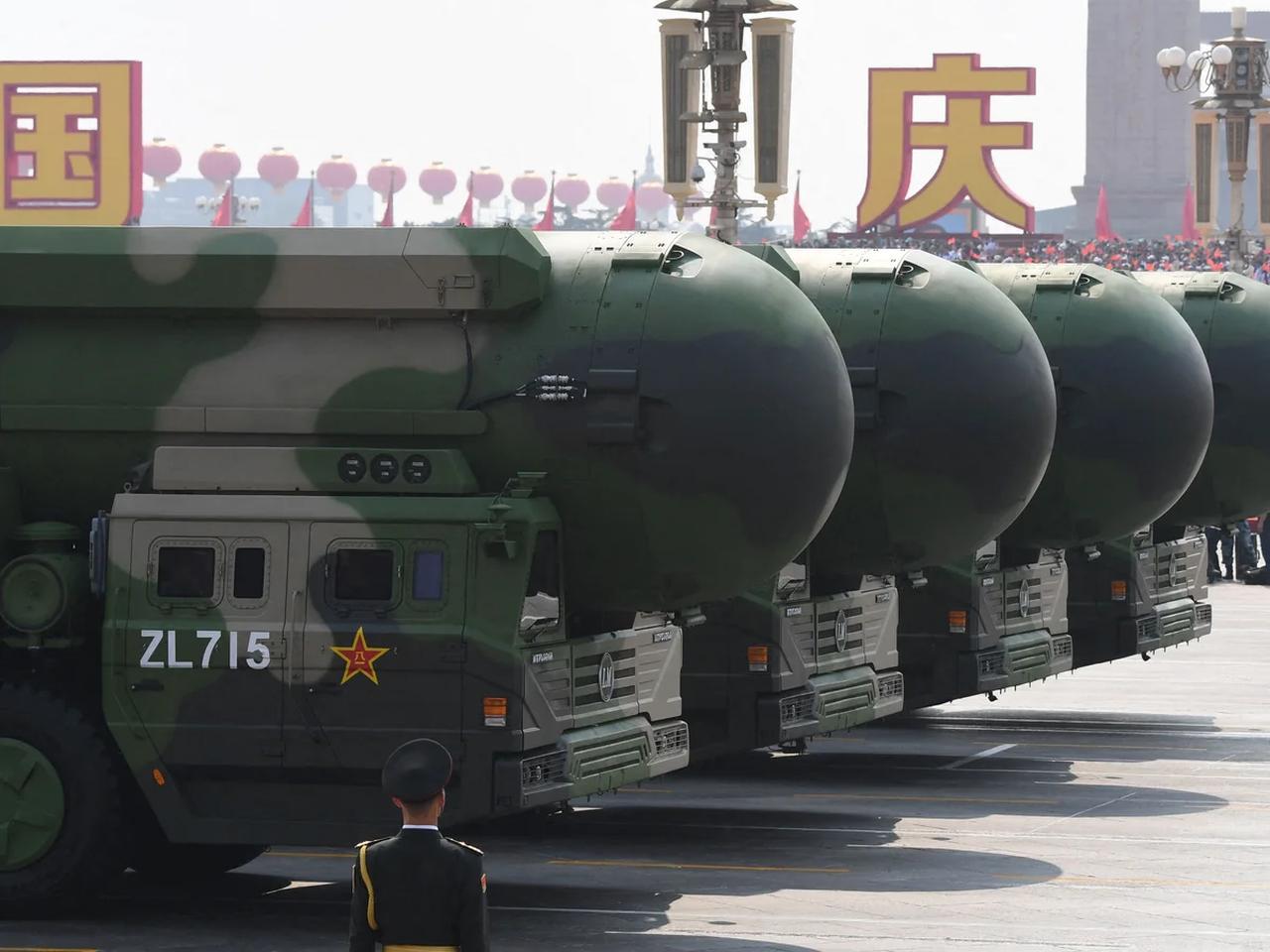
On Monday, Kremlin spokesman Dmitry Peskov emphasized Russia's commitment to preventing nuclear weapons proliferation, stating: "We think everyone needs to be very careful about nuclear rhetoric."
Responding to U.S. President Donald Trump's announcement that two nuclear submarines had been deployed to necessary positions following Russian Security Council Deputy Chairman Dmitry Medvedev's nuclear statements, Peskov said: "American submarines are already on combat duty. This is an ongoing process."
"We don't want to engage in such discussions and comment on this matter. We respond carefully to statements about nuclear issues. Russia behaves responsibly in this regard. (Russian President Vladimir) Putin's position on this issue is well known," he noted.
"Russia attaches great importance to preventing the proliferation of nuclear weapons. We think everyone needs to be very careful about nuclear rhetoric," Peskov added.
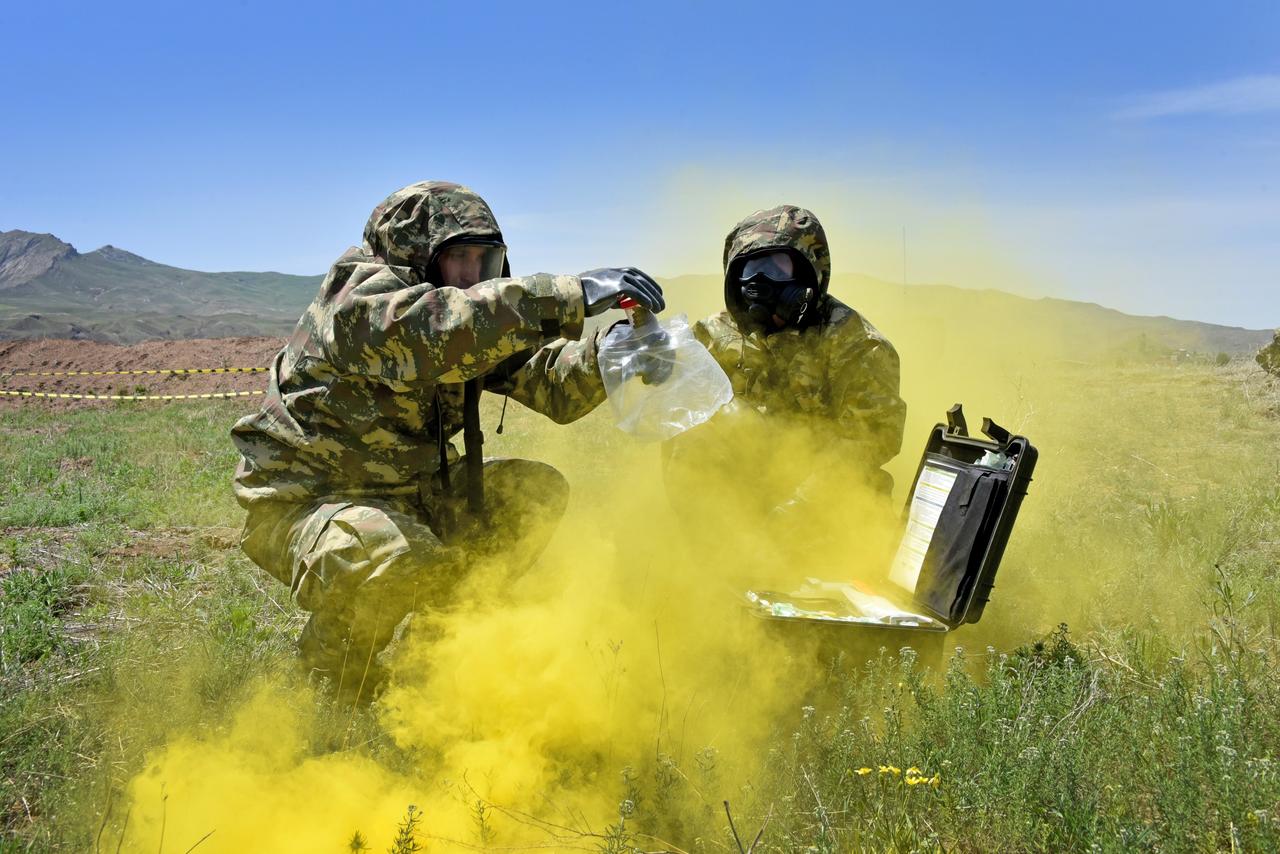
Peskov stressed that there would be no winners in a nuclear war, saying, "There is no nuclear escalation. Difficult and sensitive issues are being consulted. Many people react emotionally to these issues."
According to reports compiled from U.S. Navy sources and Nuclear Threat Initiative (NTI) data, the US fleet contains 71 submarines, while Russia's fleet has 64 submarines.
Of American submarines, 14 have nuclear weapons capability, while 53 are nuclear-powered. American submarines are classified into four types: Ohio, Los Angeles, Seawolf, and Virginia class.
The 14 Ohio-class ballistic missile submarines (SSBN), built between 1974 and 1997, each contain 20 launch tubes. These submarines, carrying nuclear weapons with 4 warheads per missile, can carry a total of 1,120 warheads.
Ohio-class submarines carrying Trident 2 D5 ballistic missiles can hit targets from 12,000 kilometers away. These missiles have multiple nuclear warhead systems capable of hitting separate targets in a single launch.
Four Ohio-class submarines have been converted to guided missile nuclear-powered submarines (SSGN), each capable of carrying up to 154 Tomahawk cruise missiles.
Meanwhile, Russia's fleet includes 16 ballistic missile submarines (SSBN), according to the NTI report.
Seven Dolphin-class ballistic missile submarines produced from 1985 to 1992 can each carry 4 warheads. These submarines can hit land targets from 8,300 to 11,500 kilometers with Sineva missiles and sea targets from 50 to 100 kilometers (31.06 miles to 62.1 miles) with Stallion or Type 53 torpedoes.
Russia's eight Borei-class submarines, construction of which began in 1996, can carry 16 Bulava ballistic missiles with multiple nuclear warhead systems capable of hitting separate targets in a single launch. These missiles can hit land targets from 8,000 to 9,300 kilometers away.
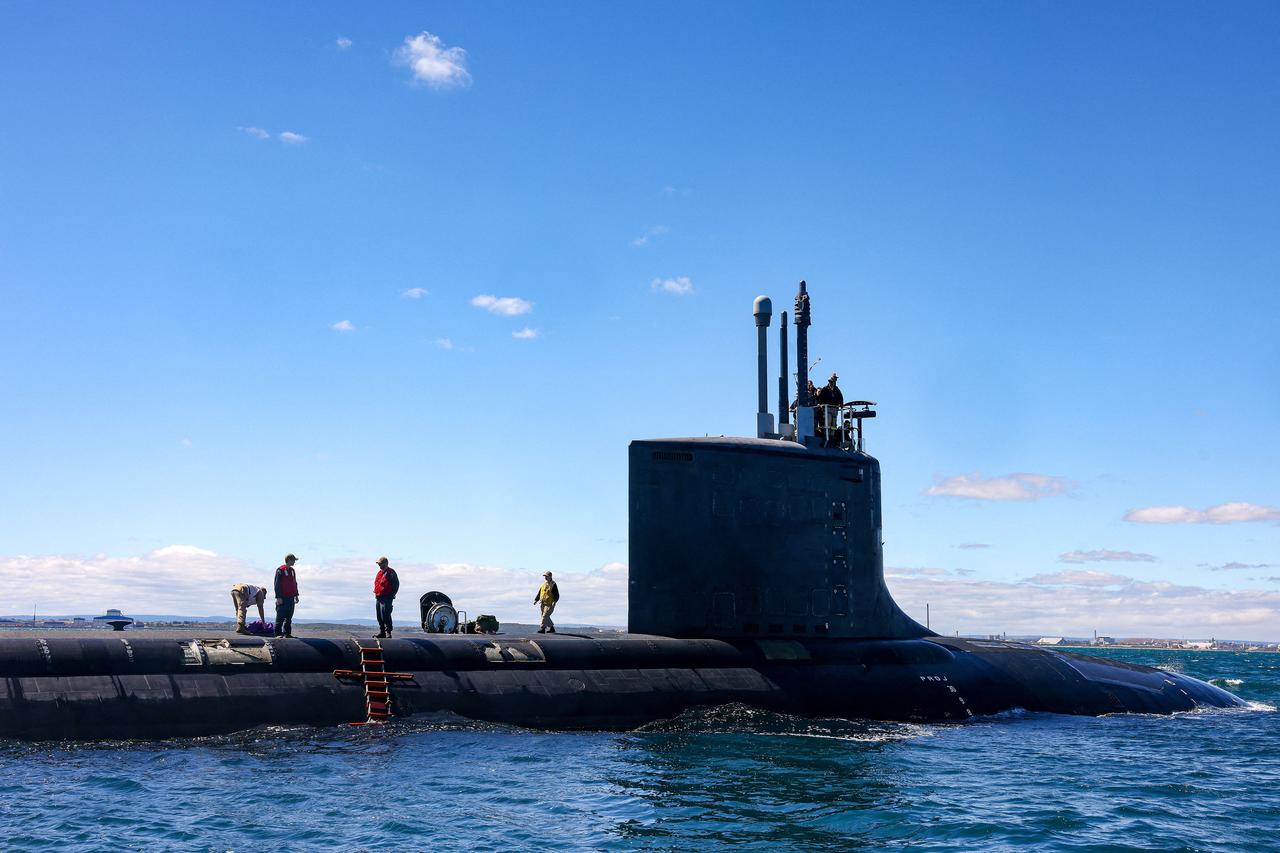
While Türkiye has not declared any intent to pursue nuclear weapons, its civilian nuclear energy infrastructure is set to grow.
According to an analysis written by Professor Celal Erbay from the National Intelligence Academy for the state-owned Anadolu Agency (AA), Türkiye's Akkuyu Nuclear Power Plant will significantly impact the country's energy independence when completed in 2028.
The four-unit plant (total 4,800 megawatts) with VVER-1200 reactors is expected to reduce Türkiye's natural gas imports by up to 7 billion cubic meters annually, providing approximately $2.5 billion in cost savings.
The plant is projected to generate about 35 terawatt hours of electricity annually and meet 10% of Türkiye's total electricity needs while preventing 18 million tons of carbon emissions yearly.
With four reactor units under construction, Türkiye ranks third globally after China's 24 and India's eight reactors under construction, according to International Atomic Energy Agency (IAEA) data.